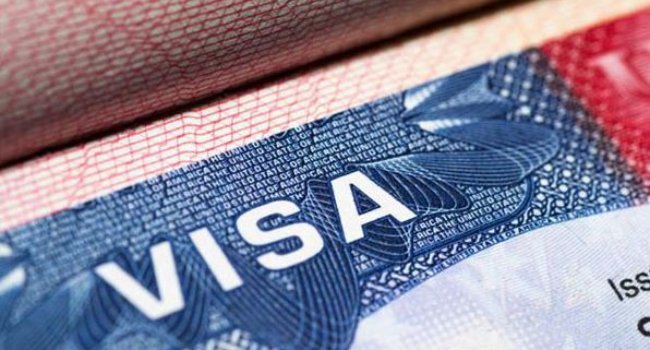Concerns are mounting over the high cost of UK visa fees, with experts arguing that they rival the stringent immigration policies recently introduced in the United States.
According to industry analysts, the financial burden of securing work visas in the UK is already significant and could deter talent, especially as the government considers extending the qualification period for settlement.
Nick Rollason, head of business immigration at law firm Kingsley Napley, noted that while large global corporations can manage the fees, the UK’s innovative economy is at risk. He highlighted that startups and fast-growing companies struggle with the administrative costs and expenses involved.
Similarly, Madeleine Sumption, director of Oxford University’s Migration Observatory, pointed out that despite the government’s aim to attract skilled workers, the Treasury has been hesitant to reduce fees.
She explained that successive governments have raised these costs without seeing a notable decline in demand for UK jobs, though modest changes to the visa process are unlikely to have a major impact unless fees are addressed.
The Home Office has rejected comparisons with US fees, but data suggests the UK’s costs are substantial. For skilled workers bringing families, fees can total tens of thousands of pounds over five years before they can apply for indefinite leave to remain.
Ian Robinson, head of the UK practice at global mobility company Vialto Partners, estimated that a family of four on a skilled worker visa incurs £42,892 in fees before tax over this period.
Additionally, when big employers in tech, financial services, and pharma cover these costs for high-earning workers, HM Revenue & Customs may treat the fees as a taxable benefit, pushing the total cost to as much as £72,639 ($96,875).
In contrast, the US has introduced a $100,000 H-1B visa levy under recent policy changes, adding to existing fees. Robinson noted that UK fees are already close to this level, and any further increase could make the UK less competitive.
Chancellor Rachel Reeves has signaled a desire to ease talent acquisition, contrasting the UK’s approach with the US president’s clampdown on visa routes favored by tech companies. However, proposed reforms are expected to focus on a select group of elite talent, with plans to extend the default settlement period to 10 years, potentially raising costs further.
A fast-track option may be offered for individuals who can demonstrate significant economic and social contributions to Britain.
Visa fees in the UK include a certificate of sponsorship and an annual “immigration skills charge” paid by employers, alongside a mandatory NHS surcharge that can reach £1,035 per person per year, even for those with private medical insurance.
This surcharge has been identified as a major barrier, particularly for smaller companies and research organizations hiring international researchers, according to a recent Campaign for Science and Engineering (CaSE) report.
In the US, employers pay approximately $5,000-$10,000 to sponsor a worker for an initial three-year H-1B visa, with renewal required every three years or upon a role change, noted Kate Kalmykov, co-chair of the immigration practice at law firm Greenberg Traurig.
Unlike the UK, the US has no equivalent NHS surcharge, and family member fees are lower, around $500. As the UK government explores options to attract top professionals, including scientists, academics, and digital experts, the debate over visa costs continues to intensify.

